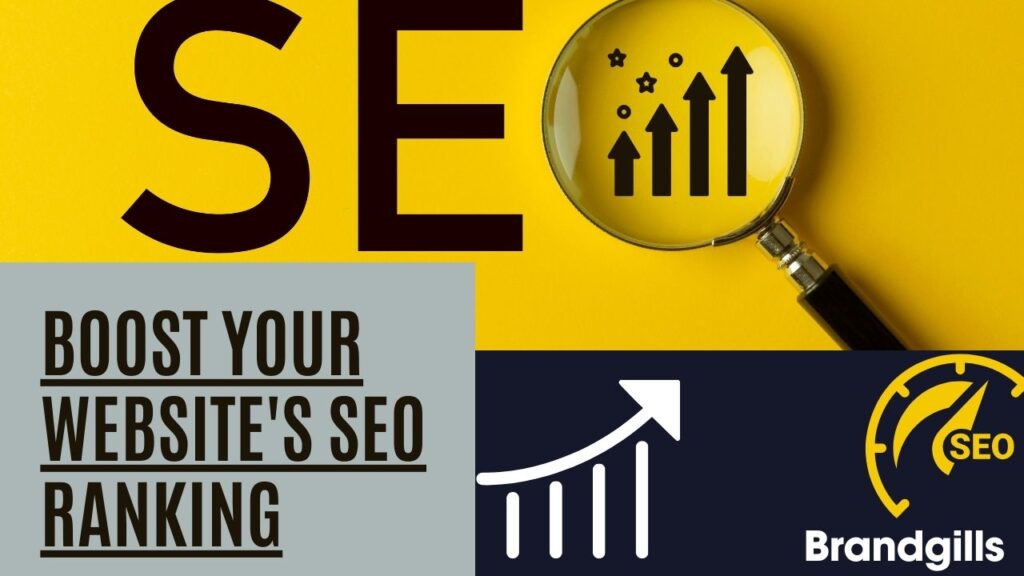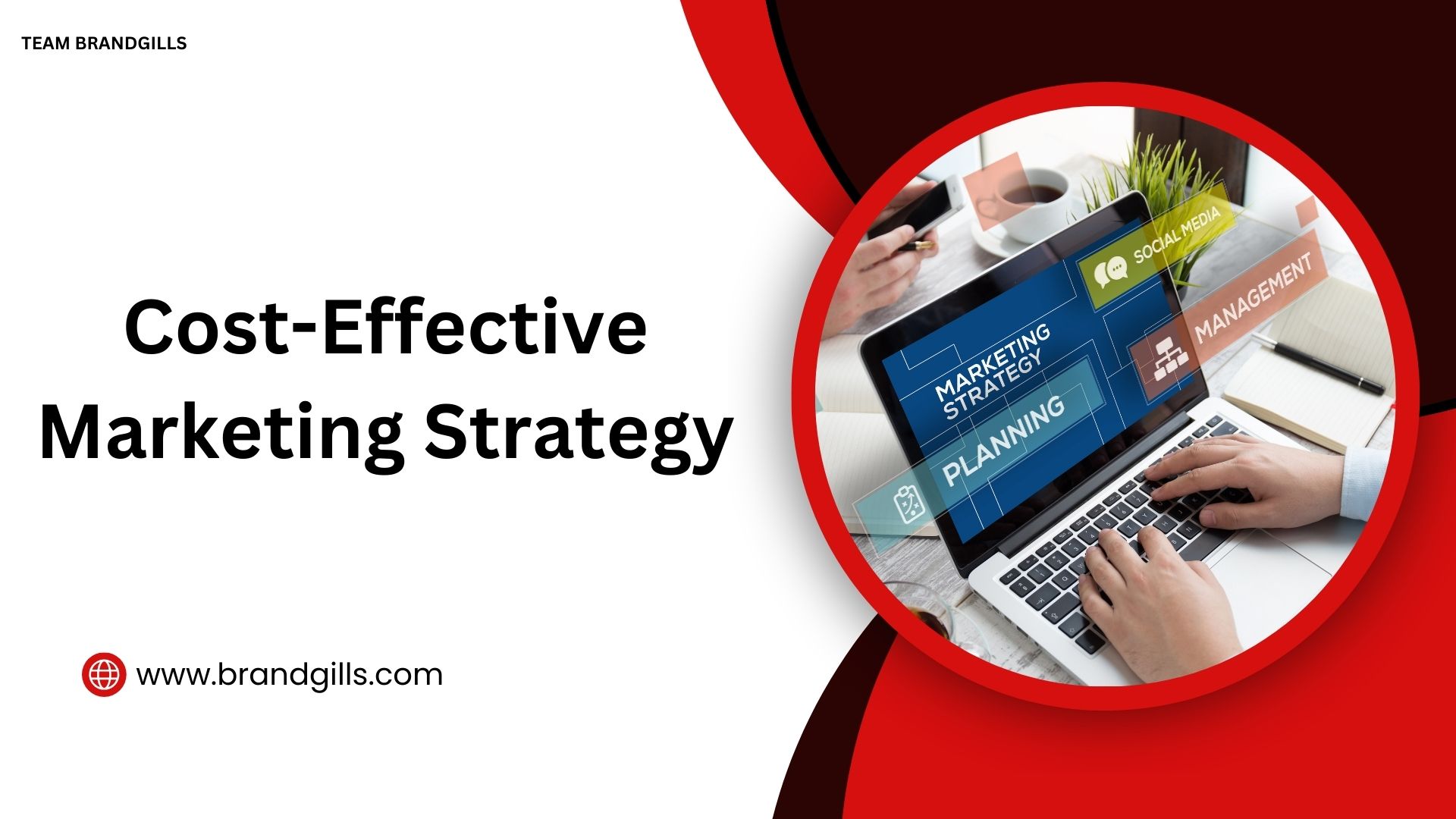
it is very important to know about “what is importance of content marketing?”. Content marketing plays a crucial role in the digital landscape, serving as a strategic approach to engage, educate, and build relationships with a target audience. In a world inundated with information, businesses and individuals alike recognize the importance of creating and distributing valuable, relevant content. This multifaceted discipline encompasses various forms of content, such as blog posts, videos, infographics, podcasts, and social media updates. Here, we’ll delve into the significance of content marketing and why it has become a cornerstone for successful digital strategies. Content marketing is indispensable for businesses seeking online success. It not only enhances brand visibility but also fosters audience engagement, building trust and loyalty. Through strategic creation and distribution of valuable content, businesses can establish authority in their industry, attract and retain customers, and drive profitable actions. It fuels SEO efforts, boosting organic traffic and search engine rankings.
1. Building Brand Authority and Credibility

Content marketing grants businesses to establish themselves as industry authorities. By consistently producing high-quality, informative content, companies demonstrate expertise and thought leadership in their respective fields. This not only builds trust with the audience but also positions the brand as a reliable source of information. Over time, as users find value in the content, they are more likely to trust and choose that brand over competitors.What is importance of content marketing?
2. Enhancing Search Engine Optimization (SEO)

To know about What is importance of content marketing? so firstly know about Search engines value fresh, relevant content. Content marketing provides an avenue for regularly updating a website with valuable information, which search engines reward with higher rankings. Well-optimized content, including targeted keywords, meta descriptions, and proper formatting, contributes to improved visibility in search engine results. This increased visibility leads to more organic traffic, exposing the brand to a wider audience.
- To know more about SEO click on link:- https://brandgills.com/wp-admin/post.php?post=918&action=edit
3. Audience Engagement and Relationship Building

In the content marketing, Content is a best tool for engaging with an audience. By creating content that resonates with the target demographic, businesses can initiate and sustain meaningful conversations. This engagement goes beyond transactional relationships, fostering a sense of community around the brand. Social media platforms and comment sections provide channels for direct interaction, enabling businesses to understand their audience’s needs and preferences better.
4. Lead Generation and Conversion

Relevant and valuable content acts as a magnet, attracting potential customers. Through strategic content creation, businesses can address the pain points and challenges their audience faces, demonstrating how their products or services can provide solutions. By guiding visitors through a well-structured content funnel, brands can convert prospects into leads and, eventually, into paying customers.
5. Cost-Effective Marketing Strategy

Compared to traditional advertising methods, content marketing offers a cost-effective way to reach and engage a target audience. While paid advertising provides immediate visibility, content marketing establishes a lasting online presence. High-quality content continues to attract and inform users over time, offering long-term value and return on investment.
6. Adaptability and Versatility

Content marketing is not restricted to a single format. It encompasses a wide range of mediums, allowing businesses to experiment with different types of content to find what resonates best with their audience. Whether it’s blog articles, podcasts, videos, or interactive infographics, the versatility of content marketing enables brands to connect with diverse audiences across various platforms.
7. Measurable Results and Analytics

Digital platforms provide robust analytics tools that allow businesses to track the performance of their content marketing efforts. Metrics such as website traffic, engagement rates, conversion rates, and social shares offer valuable insights into what works and what needs improvement. This data-driven approach enables businesses to refine their content strategy continually for optimal results.
For more information:- https://en.wikipedia.org/wiki/Content_marketing

